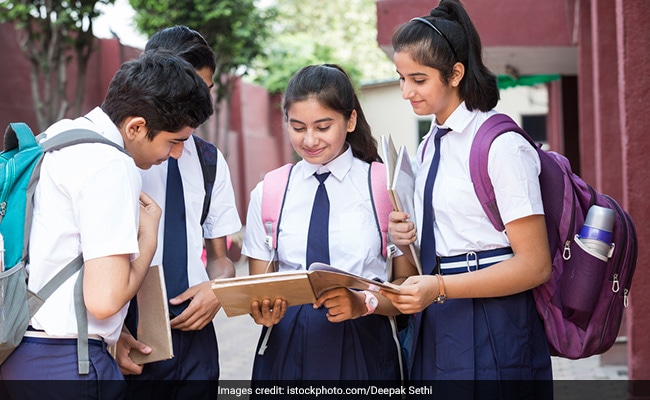The Central Board of Secondary Education (CBSE) is set to introduce a pilot of the National Credit Framework (NCrF) for classes 6, 9, and 11 from the 2024-25 academic session.
Students To Earn Multiple Credits Through NCrF
The introduction of the NCrF will enable students to earn credits through various activities such as classroom instruction, laboratory work, projects, sports, performing arts, NCC, social work, vocational education, and experiential learning, including relevant professional experience. The credits earned shall be deposited in the Academic Bank of Credit (ABC) of a student which will be linked with the APAAR ID and DigiLocker of the student, in future.
How Was The Framework Formulated?
The board formulated draft guidelines to execute the framework. All affiliated schools have been invited by the CBSE to participate in the initiative to discuss the draft guidelines.
An official letter by the board reads, “The CBSE developed and circulated draft NCrF implementation guidelines, discussed them in multiple workshops, and received approval from the Union Ministry of Education. To further test, refine, and assess their effectiveness in real-world contexts, a pilot implementation of these guidelines has been planned in schools affiliated to CBSE in classes 6, 9, and 11, with effect from session 2024-2025.”
What is NCrF?
Last year, the government introduced the National Credit Framework (NCrF) as part of the National Education Policy (NEP) 2020, aimed at integrating school, higher, and vocational education, enabling students to accrue credits from pre-primary to PhD levels.
As per CBSE, the NCrF would close the gap in achievement of learning outcomes by shifting the classroom education to competency and learning outcome-based education and learning. The assessment is thus mandatory for earning credits for all types of learning.













